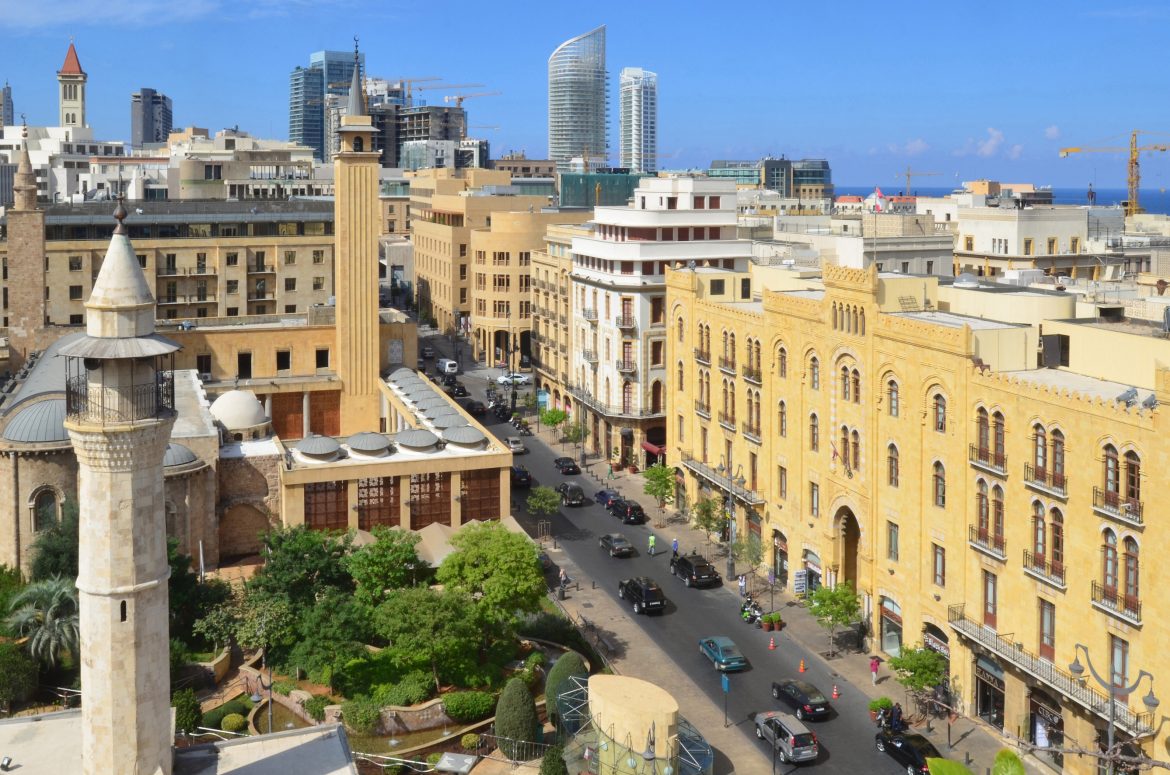The healthcare sector in Lebanon has faced exceptional operational challenges over the past year as the Israel-Hezbollah war escalated in the south and the Bekaa before Israel began its bombardment of districts across Lebanon in September. Following the halting (or at least the significant reduction) of the Israeli aggression against Lebanon on November 26th, 2024, multiple sectors are facing repercussions in different aspects: operations, finance, and maintaining personnel while bolstering morale. Impacts on the healthcare sector were grievous in the victimization of first responders and primary healthcare centers.
According to the World Health Organization, the conflict impacts of the past 14 months especially the period from late September to late November affected 158 healthcare facilities, predominantly through aerial attacks. Between October 7th, 2023, and November 26th, 2024, 241 health workers were killed and 292 injured while on duty. Hospitals in safe areas were spared damage but all operational tertiary facilities in the healthcare sector were inundated with patients while at the same time facing shortages and supply bottlenecks —yet maintaining operations, nonetheless.
Executive’s interview with Roula Zahar, deputy general director at Mount Lebanon Hospital University Medical Center (MLHUMC), delves into the difficulties encountered by healthcare institutions, ranging from operational disruptions and resource shortages to financial instability and the implications of a liberalized healthcare system.
Executive: Can you tell me a bit about the challenges you’ve faced?
Zahar: It was very difficult. We had bad times. The anxiety was overwhelming, and the situation created challenges in so many ways. But we managed to adapt and keep going.
Executive: How has the crisis impacted hospital operations?
Zahar: Operations weren’t exactly halted. The work itself remained consistent in terms of delivering services, but we had to adapt significantly. Some of our staff lost their homes or couldn’t travel, so they stayed at the hospital. We provided them with food and accommodation, which allowed us to continue operating. It was challenging, but we managed.
Executive: What about staffing? Were there notable challenges in maintaining or regaining personnel?
Zahar: Absolutely. Some physicians left during the crisis, and while a few have returned, there’s always uncertainty about whether they’ll stay long-term. Retaining staff has been a significant challenge, along with addressing the issues of resources and medication. Thankfully, we didn’t face critical shortages, but there was always the fear of running out.
Executive: Did you face difficulties in obtaining specialized equipment or materials?
Zahar: Then there were various challenges regarding medication and resources. particularly with importing isotopes, chemicals, and advanced medical equipment. It remains a major challenge to access specialized treatments and materials, and this issue persists. We didn’t run out of any specific medication, but there were rumors that we might face shortages. Fortunately, that didn’t happen, but there was always this uncertainty: will we have enough medication?
Executive: What about patients’ financial situations? How has that affected your operations?
Zahar: That’s been one of the biggest challenges. Many patients can’t pay their bills, especially those without insurance. We had to seek help from organizations, but the assistance wasn’t structured well. The absence of support from the National Social Security Fund (NSSF) is a major problem, as [the fund’s financial allocations] are not covering much for patients. Insurers, too, aren’t cooperating adequately in terms of pricing.
Executive: Has the government provided any help during this time?
Zahar: In specific cases, yes, but not enough. For example, they covered half of the costs for [procedures related to] the ‘pagers’ incident [Israel’s detonation of pagers and walkie-talkies belonging to members of Hezbollah on September 17-18 that resulted in at least 35 deaths, including at least two deaths of young children, and over 3,000 injuries], but the overall support remains inadequate. The NSSF is supposed to play a critical role, but it’s falling short in covering patients’ needs.
Executive: Given the financial difficulties, is the sustainability of hospitals at risk?
Zahar: Yes, to some extent. The greater risk lies in the inability to renew or maintain equipment. Operating costs are lower than the initial capital needed to establish a hospital, but equipment renewal is expensive. Without proper cash flow or financing, maintaining quality care will become increasingly difficult.
Executive: Lebanon’s healthcare system is known for its decentralized and liberal structure. Do you think this has been an advantage or a disadvantage?
Zahar: It’s both. On one hand, the liberal system meant we had more equipment than necessary, which allowed us to avoid long waiting times for procedures like MRIs. In Europe, you might wait six months for an MRI; in Lebanon, it can be done in days. However, this system has its costs, as hospitals need to recover investments, which can drive up prices.
Executive: Do you believe there should be more government regulation in the healthcare sector?
Zahar: Regulation is necessary but should be minimal. The healthcare sector is not like other industries. I believe in a liberal approach and support the private sector, but excessive regulation could harm the system’s efficiency.
Executive: Do you anticipate repercussions for hospitals [because of the war] even after the ceasefire?
Zahar: There is always fear, but the private sector adapts quickly. During the war, private hospitals stepped in to provide care when public hospitals couldn’t. The Ministry of Health has acknowledged our efforts. Still, we need to prepare for potential future challenges.
Executive: Will hospitals start implementing contingency plans for such situations?
Zahar: We already have contingency plans since people’s lives depend on our work. However, my main concern is maintaining quality care with reduced financing. If costs are blindly cut, the sector will face serious problems.
Executive: Will staff reductions or salary cuts be necessary to maintain financial stability?
Zahar: We hope not. Instead, we aim to increase revenue by relying more on government and insurance payments rather than out-of-pocket payments from patients.
Executive: Are there any strategies to increase revenues while maintaining accessibility?
Zahar: Yes, we’re advocating for better insurance coverage and support from the government and NSSF. We’re also exploring low-cost insurance schemes and collaborations with NGOs to help cover costs for patients.
Executive: Are NGOs playing a significant role in supporting healthcare institutions?
Zahar: Yes, many NGOs are helping individuals by covering costs for patients. Some hospitals also receive direct donations [from NGOs], but this is not the case for all hospitals.
Executive: Do you have any final thoughts or comments?
Zahar: It’s been a very tough time [for the duration of the current war] but we continue to adapt and do our best for our patients and staff.


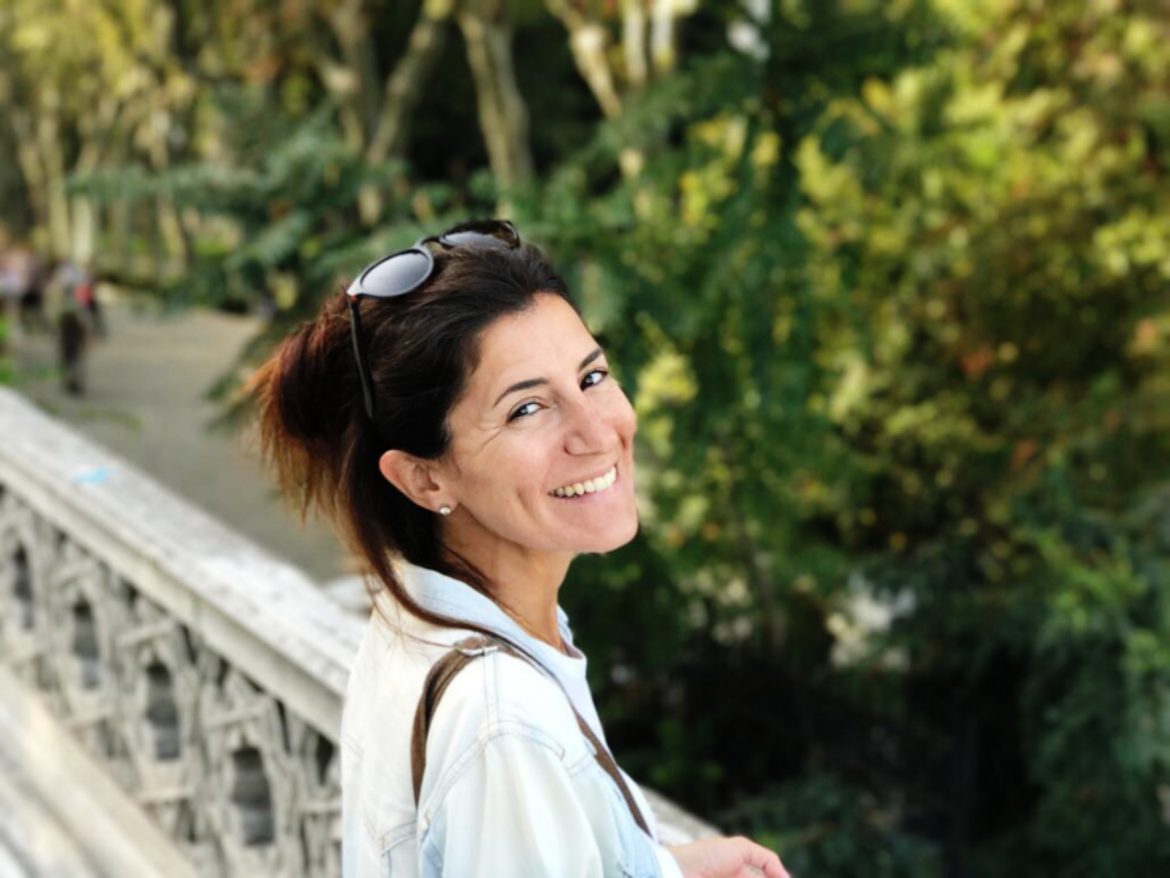

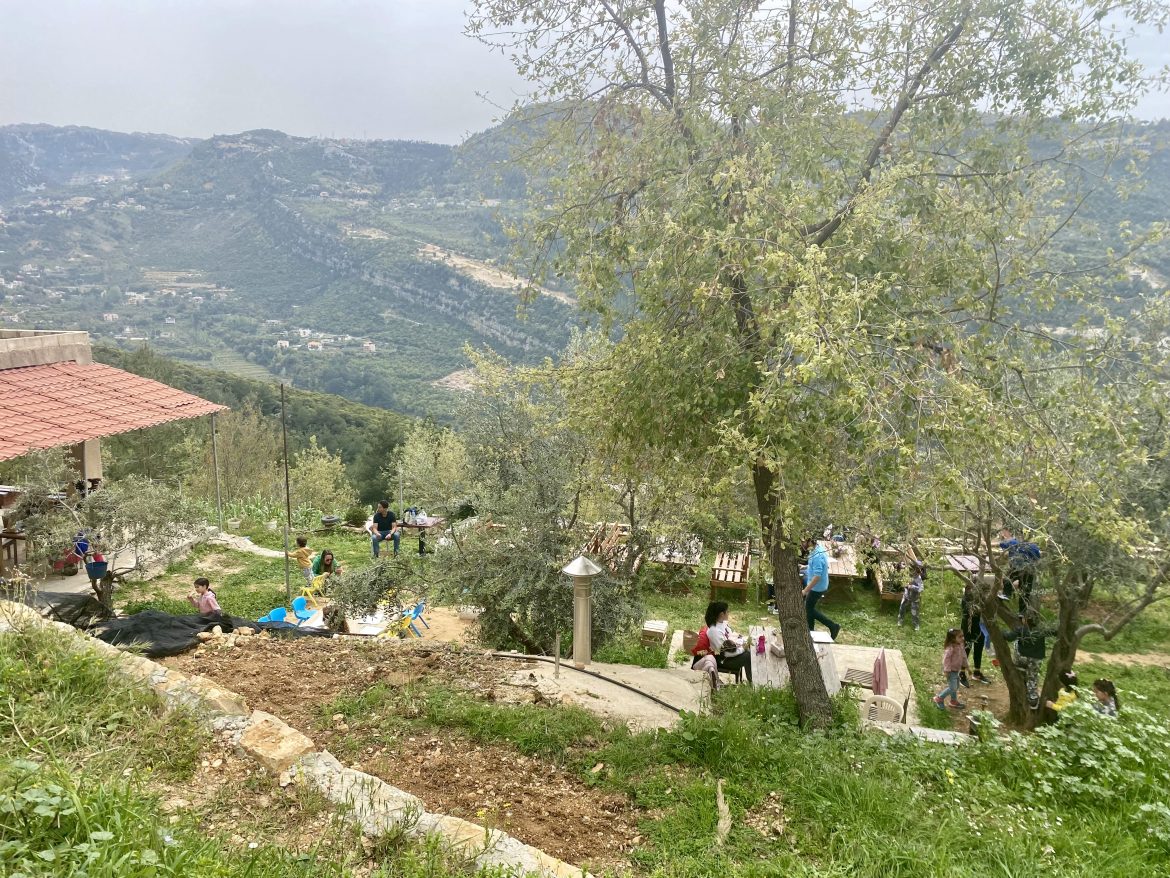
![Dalia Dagher PP[60]_page-0001](https://www.executive-magazine.com/wp-content/uploads/2024/11/Dalia-Dagher-PP60_page-0001-1170x981.jpg)




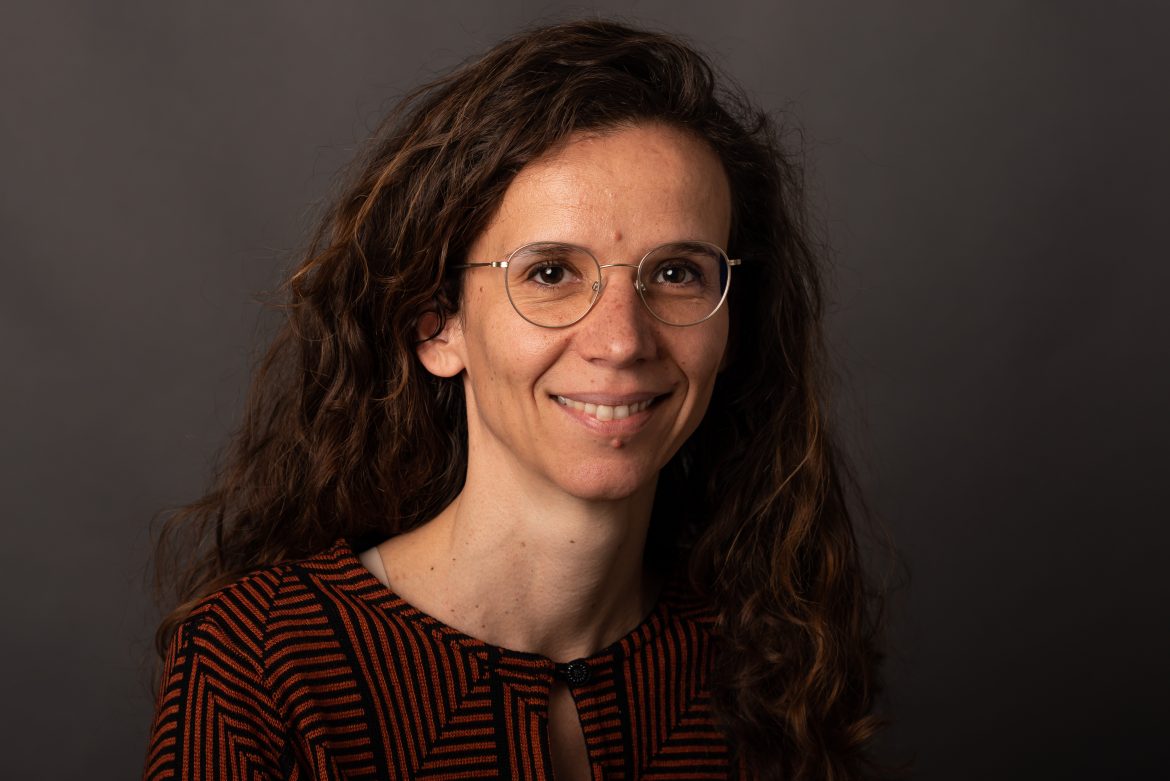





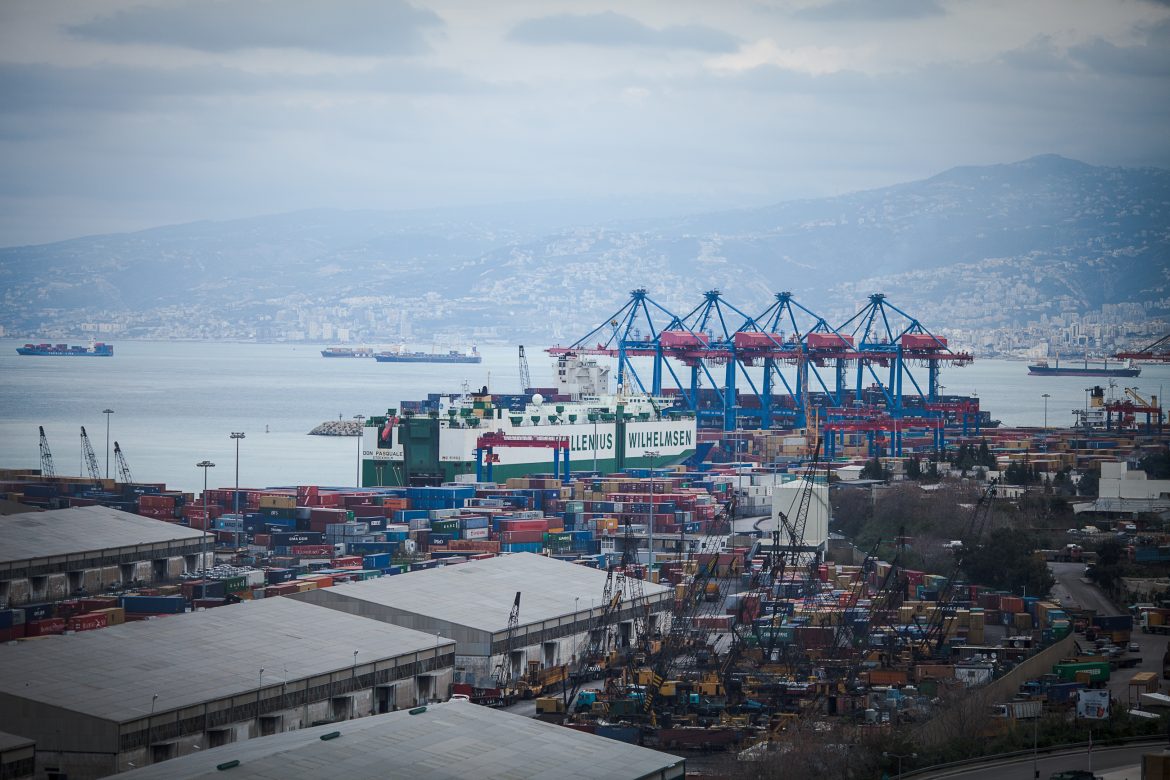

![Real estate general views[55]_page-0001](https://www.executive-magazine.com/wp-content/uploads/2024/10/Real-estate-general-views55_page-0001-1170x780.jpg)

